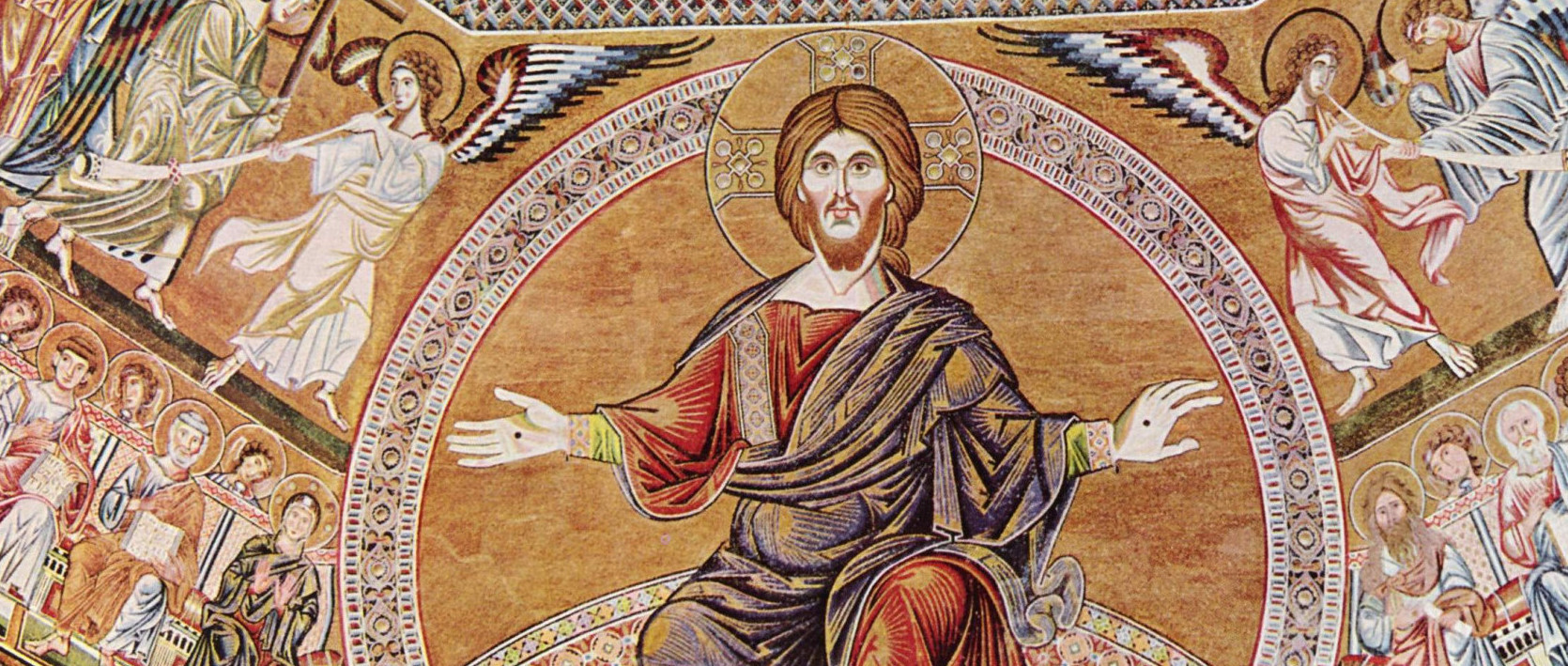Christian Mysticism – to the degree and manner such a deity exists, and not withstanding God’s creation and incursions into our actuality – God exists fundamentally as a transcendental existence, “residing” outside our time and space. God thus lies beyond our full comprehension and understanding, i.e. humanity can not conceive God completely.
Rather, we understand God only within the boundaries of existing thought, experience and knowledge. Given that humanity constantly seeks to, and does, broaden and deepen those boundaries, that broadening and deepening creates a necessity to alter, and also offers an opportunity to improve, our conception of God and religion.
Past Evolution of God and Religious Conceptions
I have set a high bar, i.e. demonstrating what expansions of human understanding challenge Christian Mysticism conceptions. But first let’s look backward. Change in religious conceptions would not be ground-breaking; multiple and significant changes in religious conceptions have occurred in the past.
Polytheism to Monotheism – In antiquity, polytheism served as a mainstream, if not the mainstream, religious belief structure. The great cultures of Samaria, Egypt, Greece, and Rome, among others, all developed extensive, and intricate, theistic systems of multiple gods, with each god exhibiting defined and differing powers and attributes, and reflecting different human or natural characteristics. These belief systems drove daily rituals, communal services and civic construction, among other activities, and became central components of the culture.
Today, in Western and Near East cultures, monotheism has clearly displaced those ancient belief systems. The prophecy, life and teachings of Abraham, Jesus and Mohammad have spawned the dominant, and monotheistic, religions of Judaism, Christianity and Islam. Certainly the conception of the single God differs across these three (for example in the status of Christ, and in what texts represent revelations from God), but these religions represent clear and distinct breaks from former polytheism.

